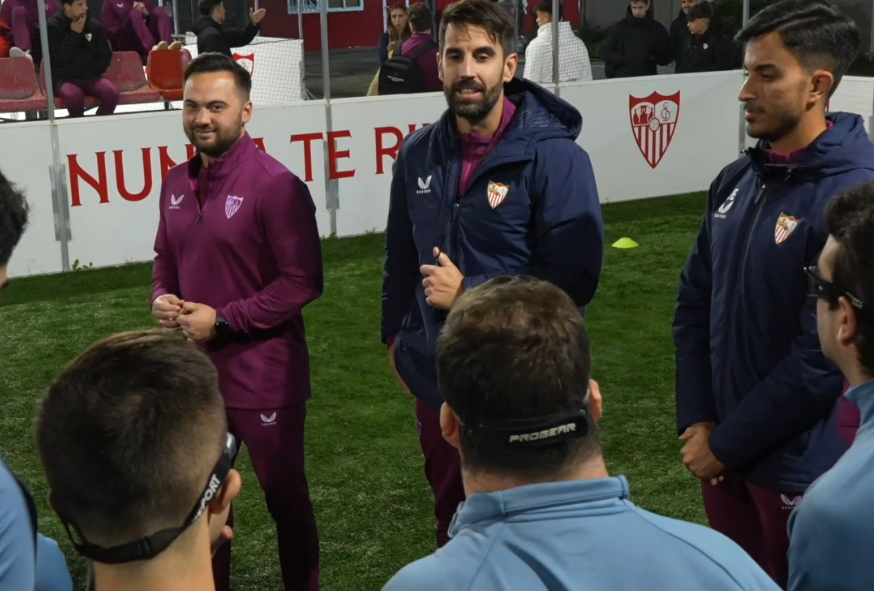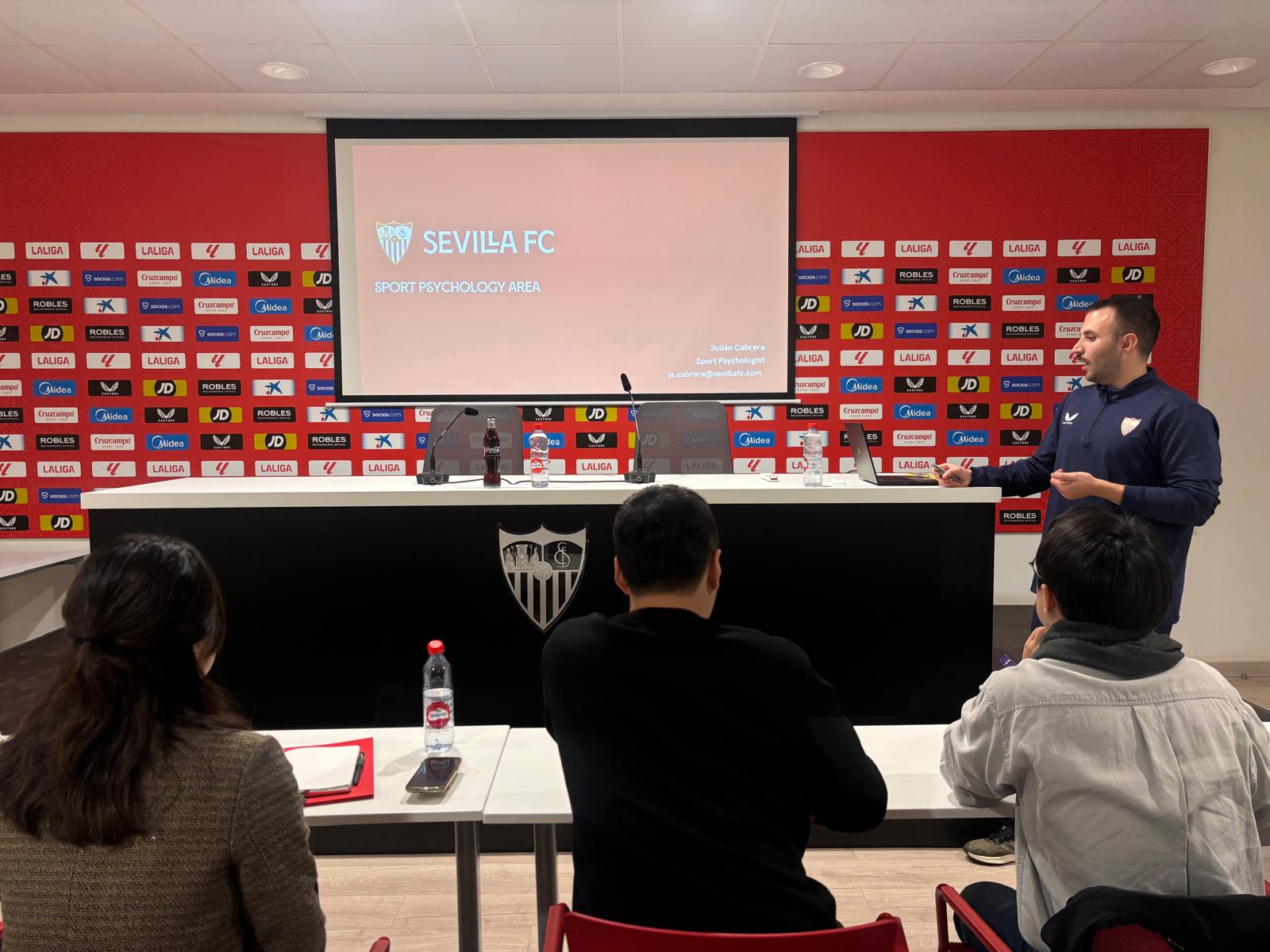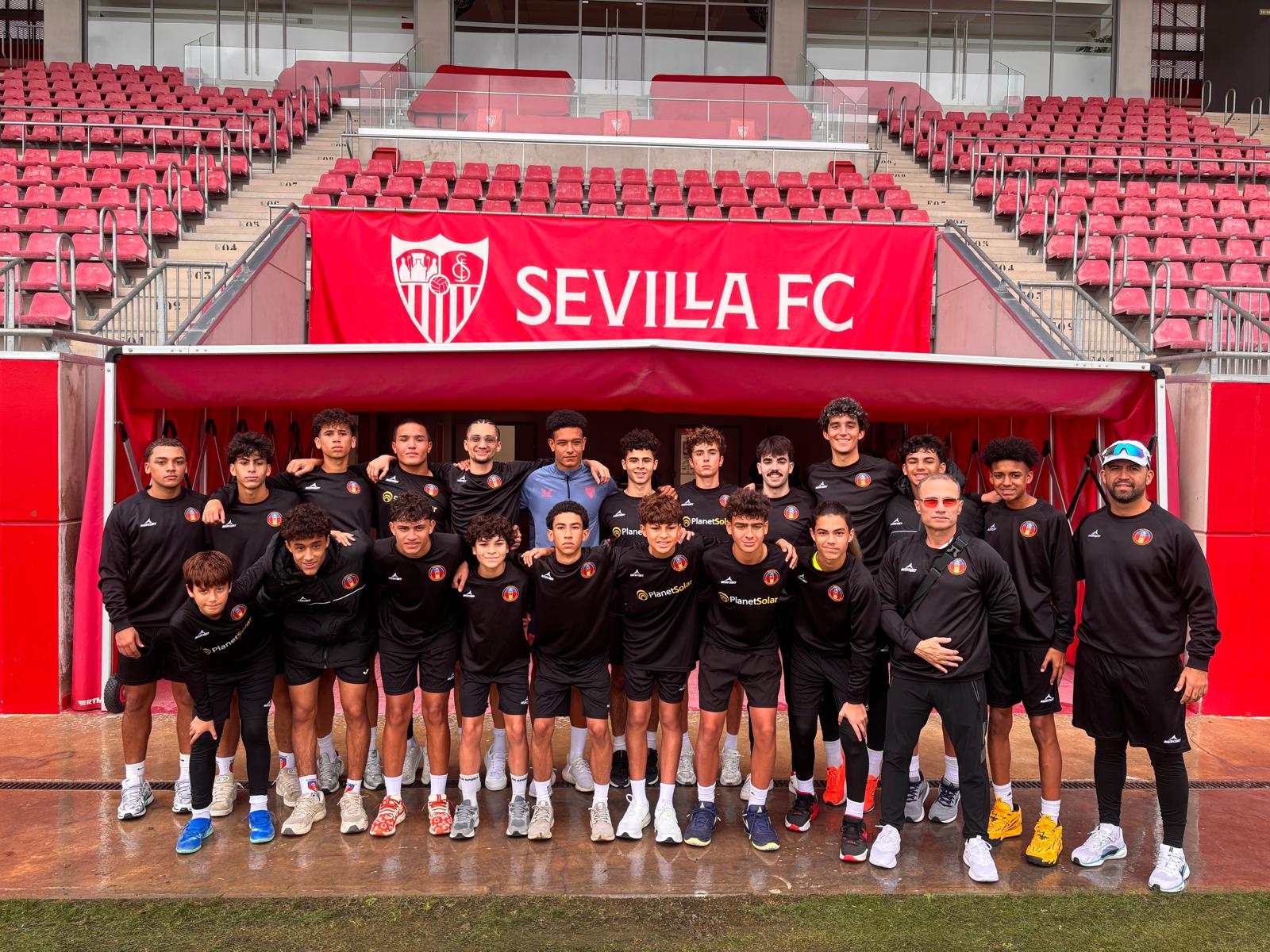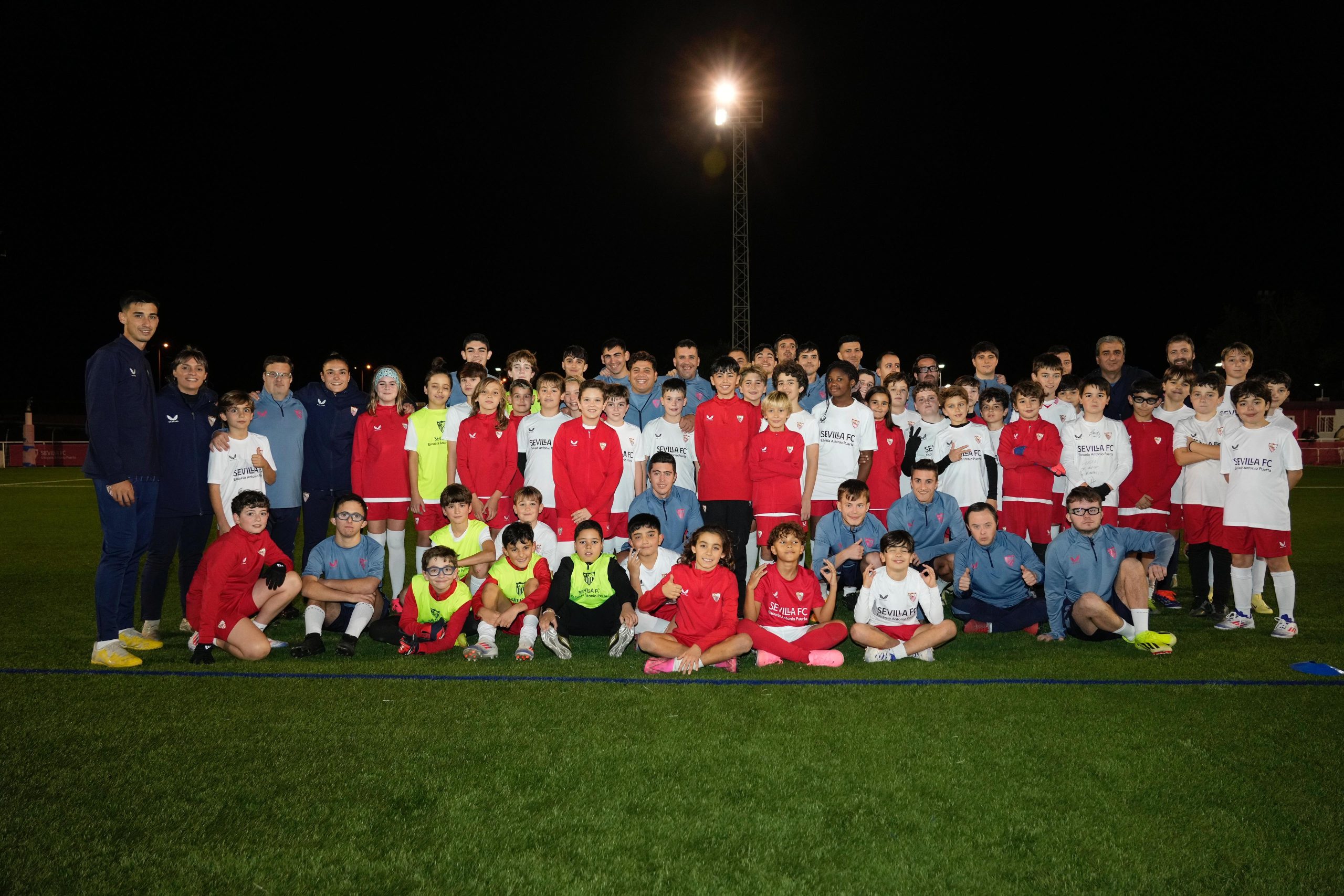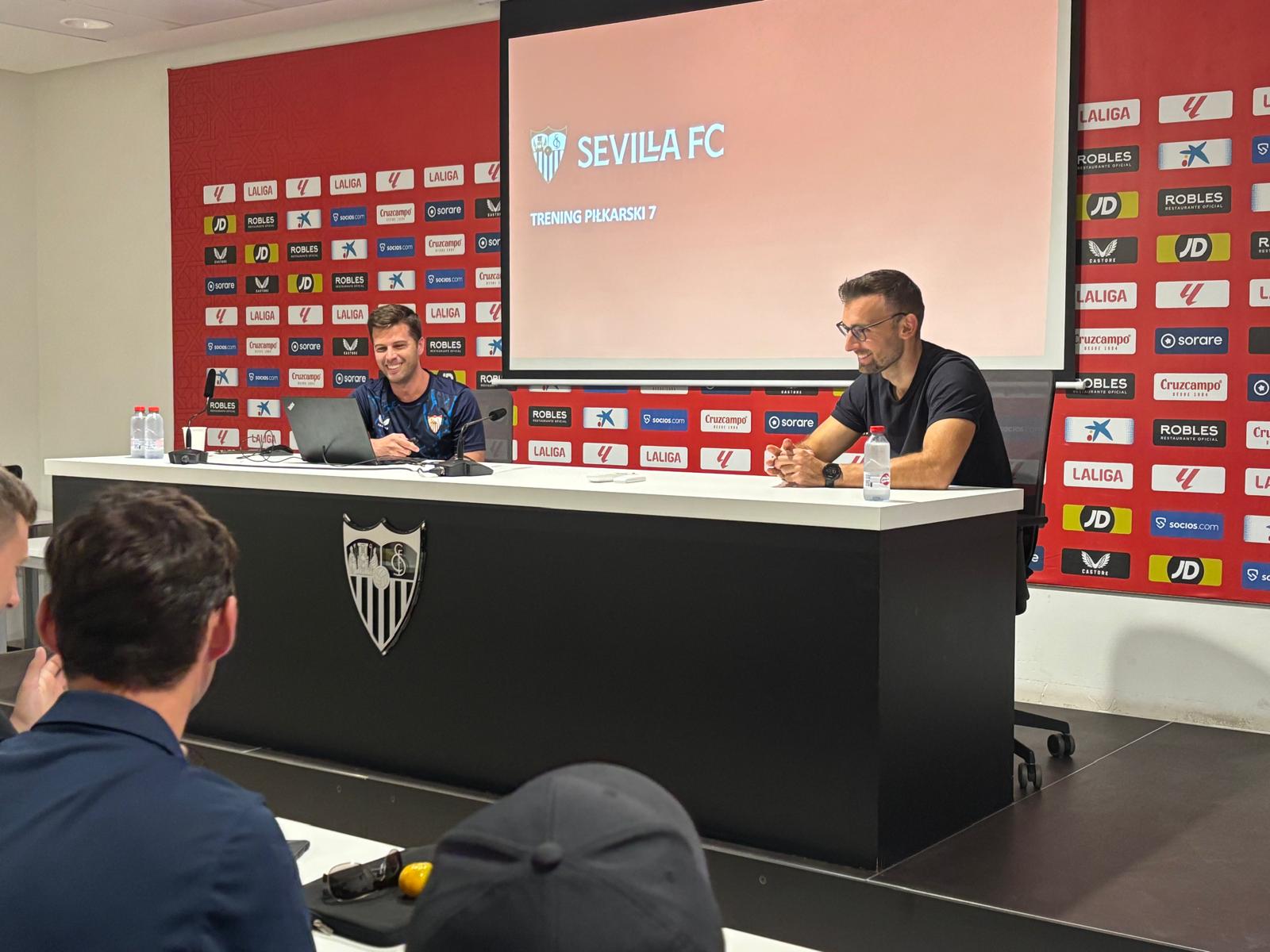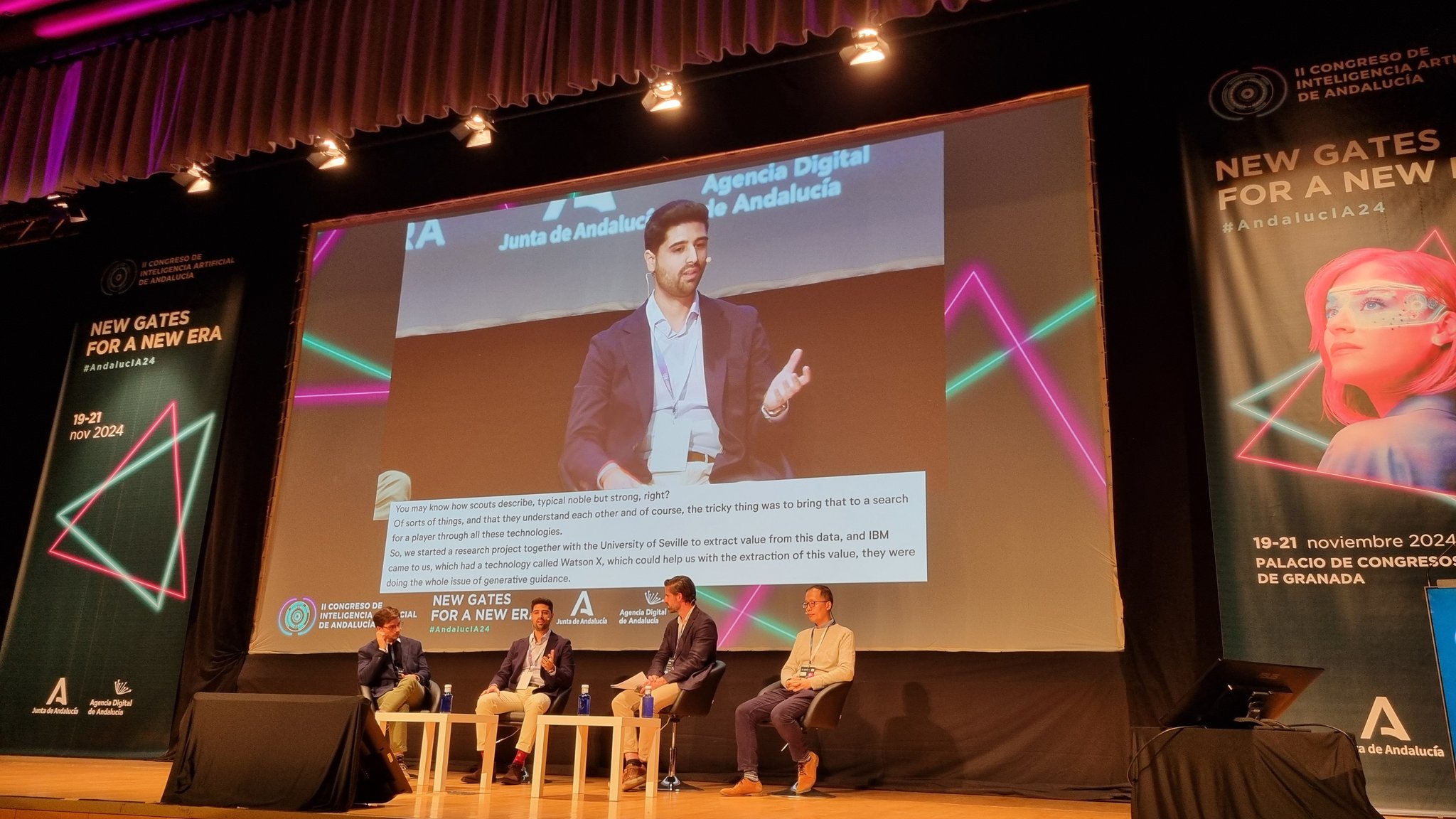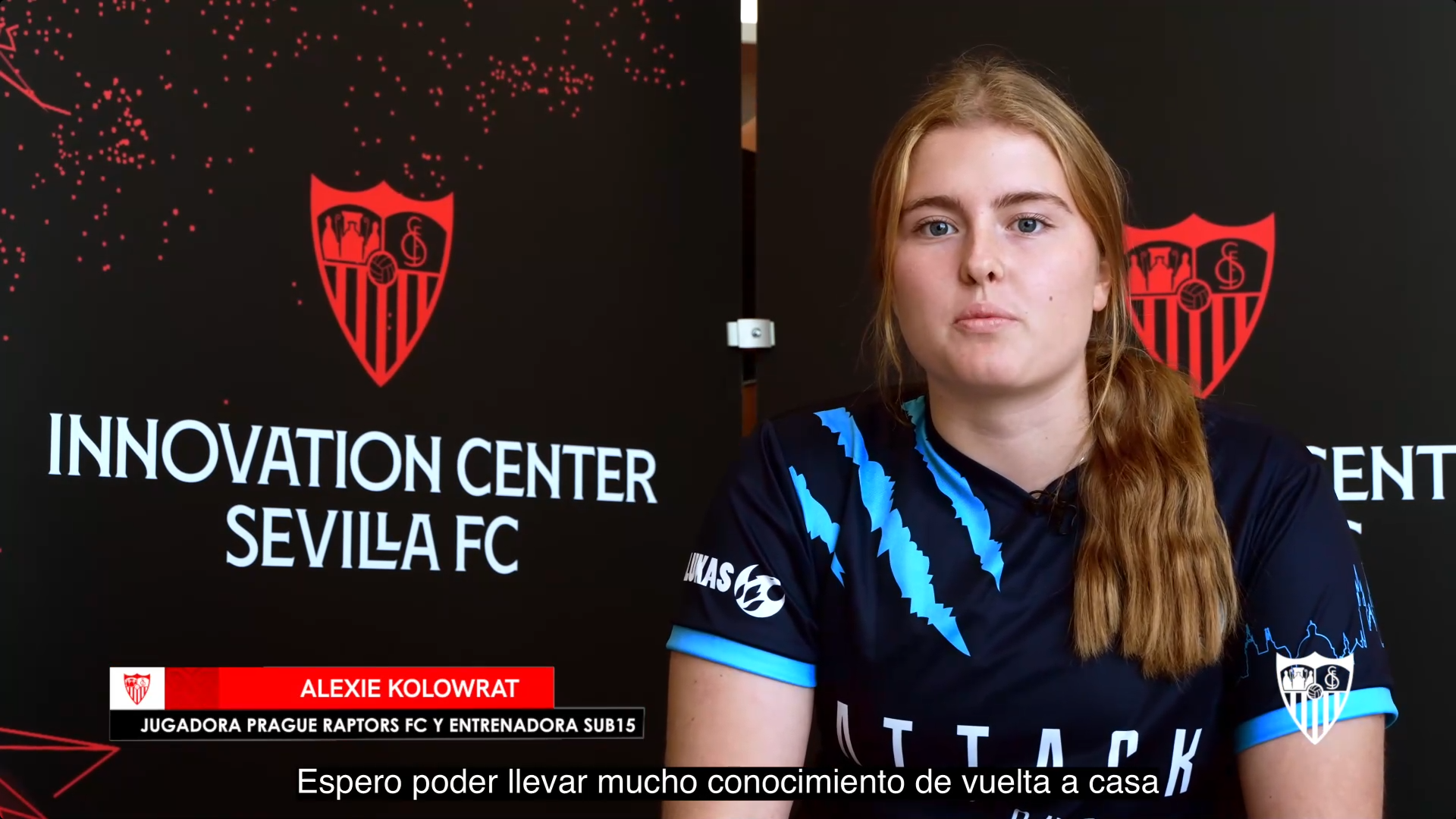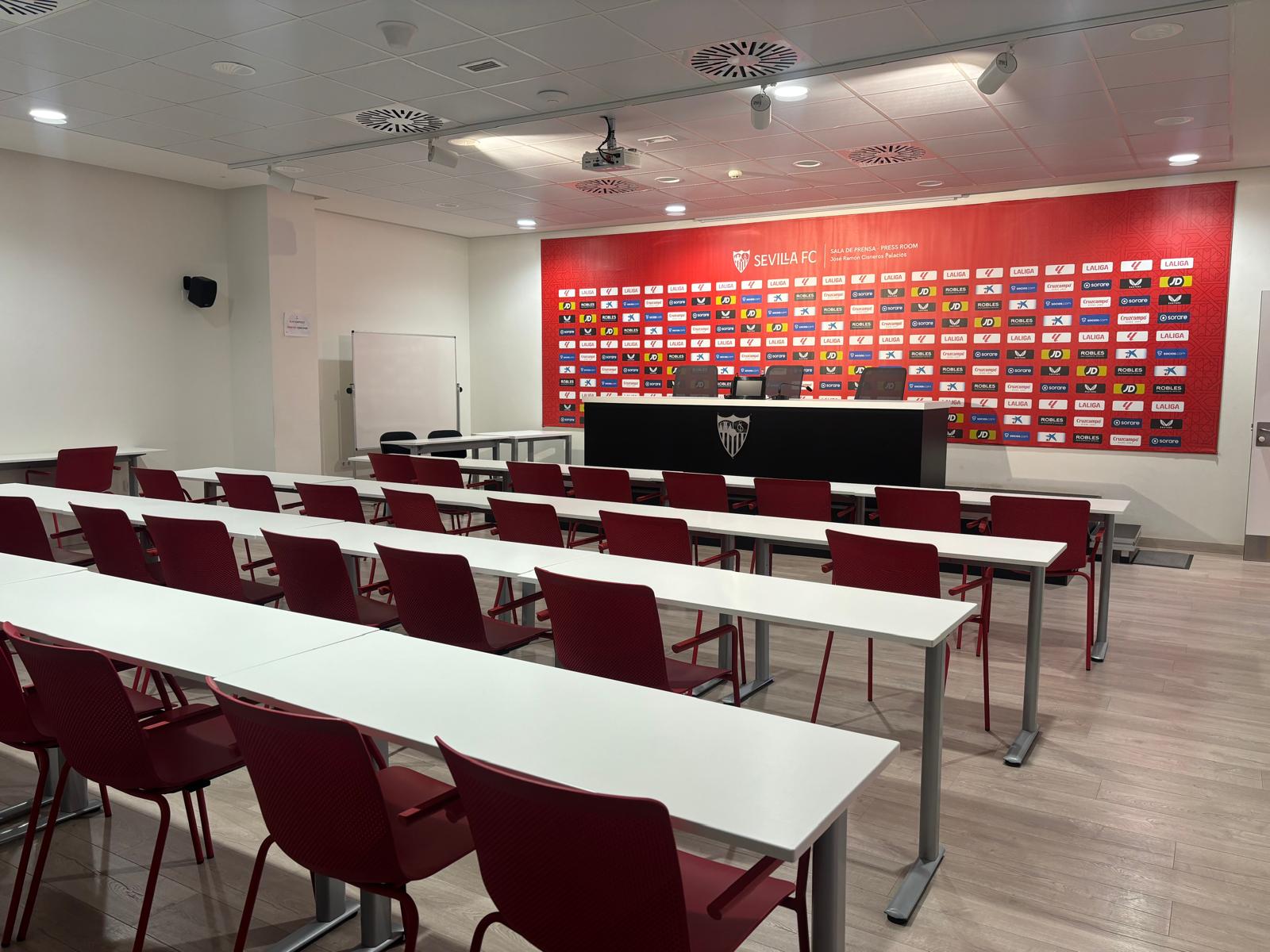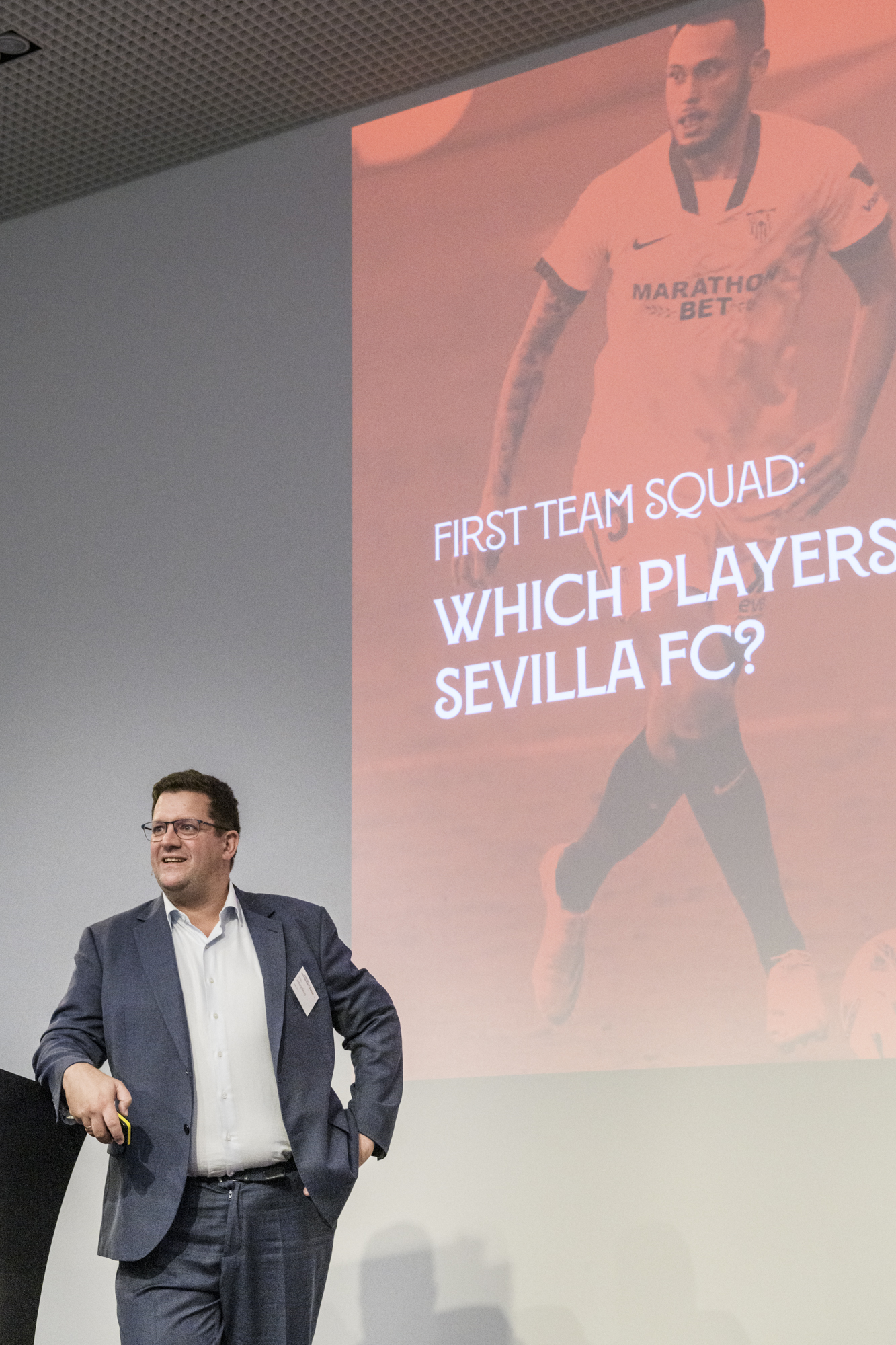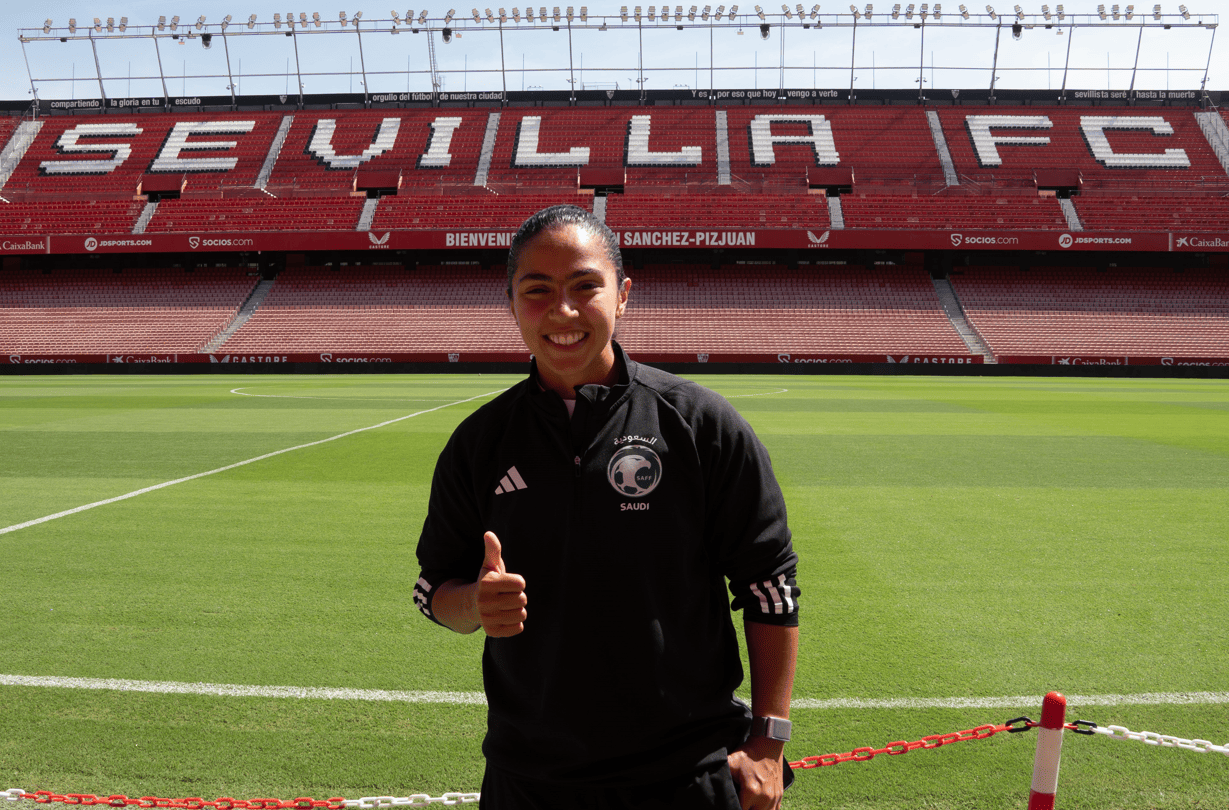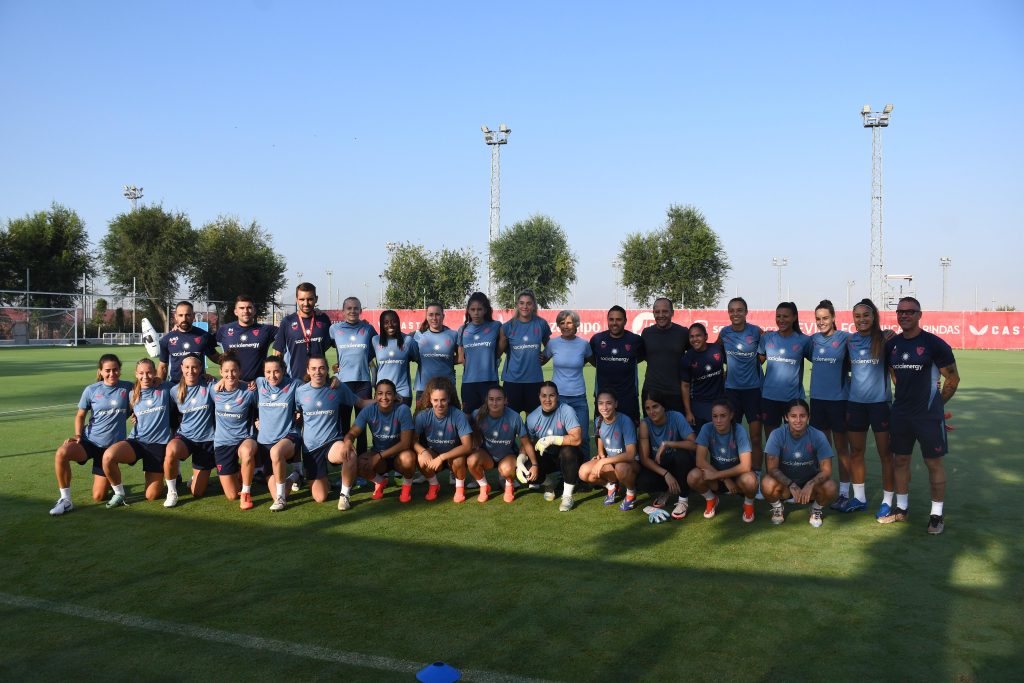
Organized in collaboration with the Sevilla FC Innovation Center, the Catholic University of Murcia (UCAM), and Sports Data Campus, this course will begin on March 25, maintaining its offer in Spanish, with an English version coming soon.
This training program has established itself as a reference in the football industry, providing students with specialized education in the use of advanced data analysis technologies, scouting, and decision-making in sports. Thanks to its practical approach and strong connections with elite clubs, students have the opportunity to intern in the Data and Analysis departments of Sevilla FC, as well as in other clubs and organizations within the sector. Additionally, the master’s program promotes the development of high-impact final projects, where students can apply their knowledge to real-world cases.
The faculty is composed of renowned figures in the football world, including Víctor Orta, Sporting Director of Sevilla FC; Ramón Rodríguez Verdejo ‘Monchi’, Director of Football Operations at Aston Villa Football Club; Jesús Olivera Fernández, Head of Data Football at Sevilla FC; José Rodríguez, Performance and Data Analysis at Aston Villa, among others.
For those interested in learning more about the program, course content, and enrollment process, all information is available at the following link.
